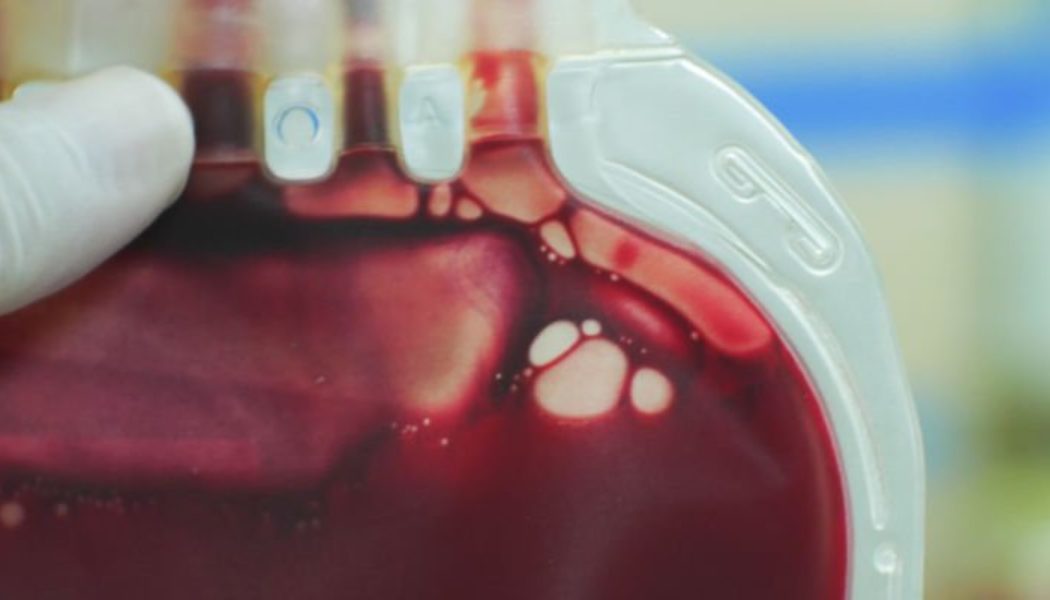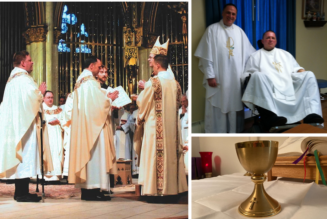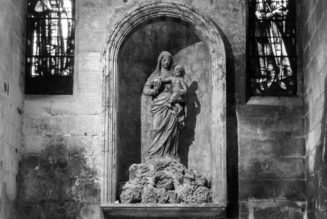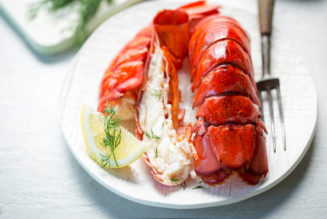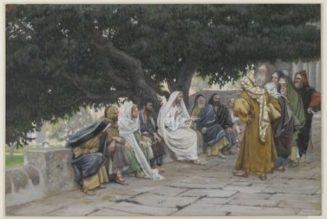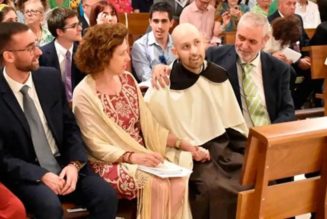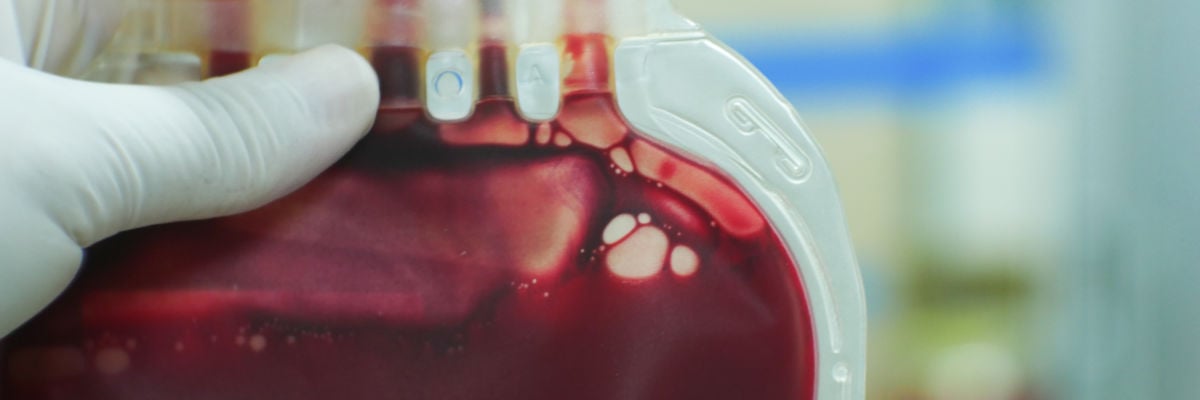
First, the biochemistry lesson. Even the most basic biological facts about human blood are stunning. The average human body is less than ten percent blood, about a gallon and a half total. Yet in a single day, for a person with a weight of about a hundred fifty pounds, the heart beats about a hundred thousand times to pump almost two thousand gallons of blood through a vascular system of vessels, arteries, and capillaries that would stretch around the globe at least twice! Blood is not just sitting in the body, as it may seem when we cut our arm or something; blood is flowing through very defined channels with a very defined purpose.
Blood is a suspension of cells, sticky and thick. Red blood cells, white blood cells, and platelets are suspended in plasma that contains water, proteins, carbohydrates, lipids, hormones, vitamins, salts, and dissolved gases. White blood cells fight bacteria, viruses, and parasites. Platelets are responsible for blood clotting. Red blood cells make up 99 percent of the cell mass. They transport oxygen and remove carbon dioxide and waste from the body.
While most of our cells are fine-tuned nanofactories, red blood cells are simple in that they contain no nucleus or organelles. They are the most abundant cell in the body, some 25 trillion of them present at any given time. Each red blood cell lasts about four months, so the body is constantly making new ones. Shaped as little biconcave discs, they each hold about 270 million hemoglobin molecules. They are little bags of hemoglobin—the protein responsible for blood’s red color.
Red blood cells move important gases and other nutrients around the body to regulate and protect it. A disruption in this cycle makes us sick. Deprivation of oxygen can make a person appear blue. Clots or blockages in arteries can cause serious illness and death. Indeed, tragedy, crime, and war are marked by the destructive flow of blood from human bodies.
Our bodies are created to function as an integrated whole, as organisms interconnected with other living things and with the rest of the universe. But for plants, we would not have oxygen to breathe. But for our breath and sunshine, trees would not turn carbon dioxide into biomass. But for biomass, we would not have food. Every part has its role. Blood is particularly special because the vascular system integrates the body and keeps it alive.
Now the Church history. We can take blood for granted in the Catholic Church as well. It’s not well known that July is the Month of the Most Precious Blood. Pope Pius IX decreed on August 10, 1849 that the first Sunday of July would be dedicated to the Most Precious Blood. In 1969, the feast was removed from the Roman Calendar since there were solemnities for the Passion, Corpus Christi, and the Sacred Heart. It’s still celebrated on the old calendar, and in the Ordinary Form, it may be celebrated as a votive Mass.
The Catholic Church has always celebrated the mystery of the Most Precious Blood in the liturgy. In his 1956 study, The Bible and the Liturgy, Fr. Jean-Guenolé-Marie Daniélou, S.J. cites the mystagogical writings of Church Fathers to explain how the process of Christian initiation is set in the framework of the Jewish feast of the Pasch (see Chapter 10). Even in the earliest days of Christianity, catechumens were received into full communion on the night before Easter Sunday, thus showing the relation between the rites of initiation and the death and resurrection of Christ.
The Hebrews anointed their doors with the blood of the paschal lamb to save their firstborn from the destroying angel. The blood of the lamb is a sign of redemption. In the Church, God spares those marked with the blood of Christ. Thus, death by blood becomes salvation by blood.
St. Justin Martyr from the second century gives witness to this comparison. “Those who were saved in Egypt were saved by the blood of the Pasch, with which they anointed doorposts and lintels. For the Pasch was Christ, who was later immolated. And, as the blood of the Pasch saved those who were in Egypt, so the blood of Christ was to preserve from death those who have believed in Him.”
Hippolytus of Rome in the third century even more precisely said: “The blood is like a sign of those to be saved on houses as on souls,—which are, in fact, by faith and the Holy Spirit, a consecrated house. Such is the mystery of the cosmic and universal Pasch.” Daniélou quotes others such as Cyril of Jerusalem, Cyril of Alexandria, Gregory of Nyssa, Pseudo-Chrysostom, and Augustine in Western theology. This is a long, unbroken tradition.
There are parallels with what modern science has revealed about blood and the circulatory system and tradition in the Church. If the Church was born because Christ poured out his most precious blood for our redemption, and if the sacraments were brought forth through his blood, then Christ conquered natural death. In pouring out his own blood to the world, he gave us everlasting life.
The Church became the vascular system of all human life, bringing oxygen to all parts of the body and cleansing it of sin. The hundreds of thousands of Masses celebrated each day are like heartbeats that keep the Church alive by sending Christians forth as disciples. There may be times of illness, depravity, or obstruction (and surely we all could list sin in the Church), but this one, holy, catholic, and apostolic organism will endure. It will not bleed out. It is the life of the world to come.
On an individual level, especially when we are tempted to despair at discord in the Church or evil in society, we just need to remember our own heartbeats. Each of those hundred thousand beats per day, 35 million per year, billions in a lifetime, is evidence of a vast orchestration at the molecular level, down to every last electron, that a loving Creator holds us in existence every nanosecond.
If God can do that, then we can believe in confidence that he will guide the faithful navigating life in communion with the whole Church—where we hope to remain plugged into the most precious blood of Christ now and forever.
Join Our Telegram Group : Salvation & Prosperity
